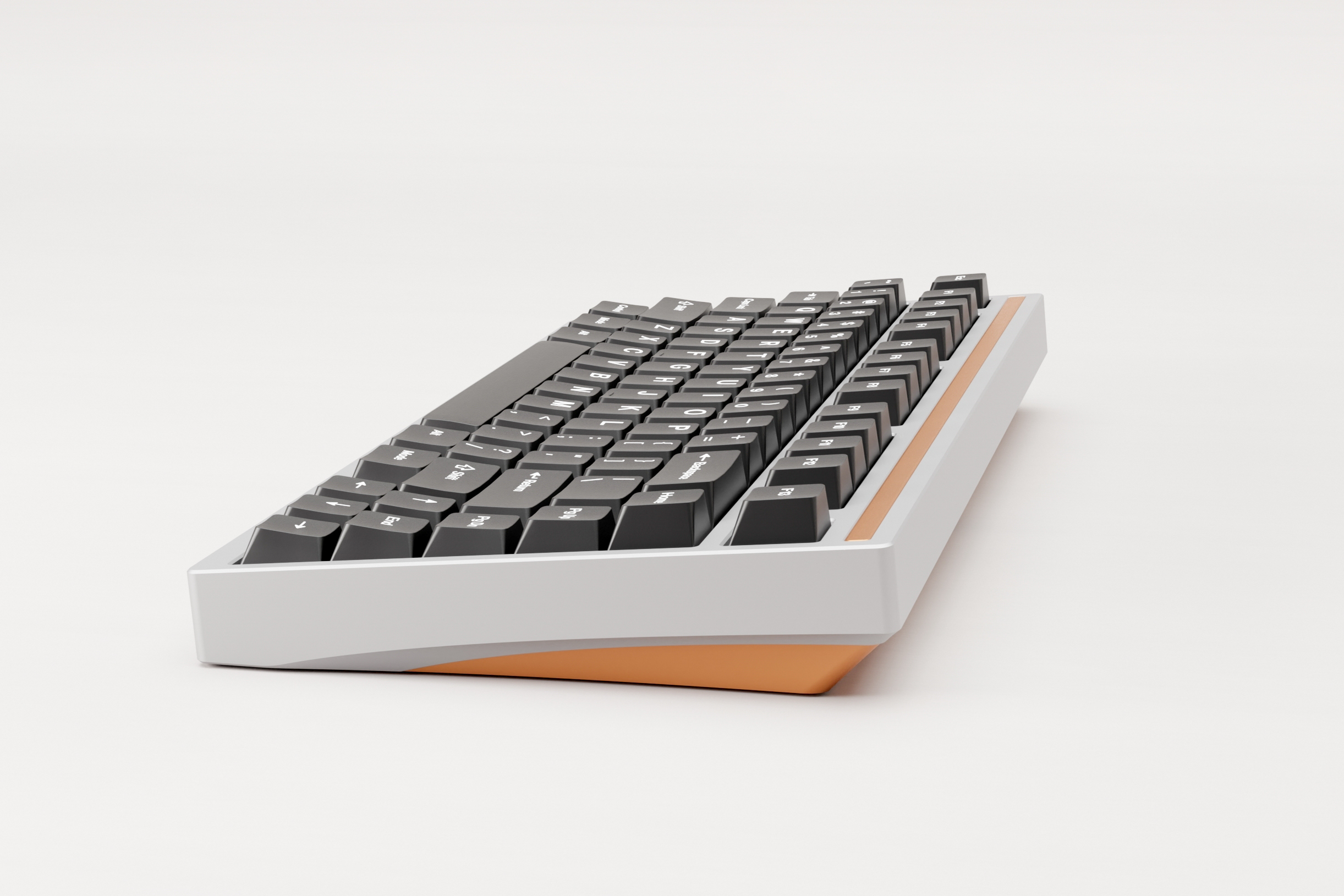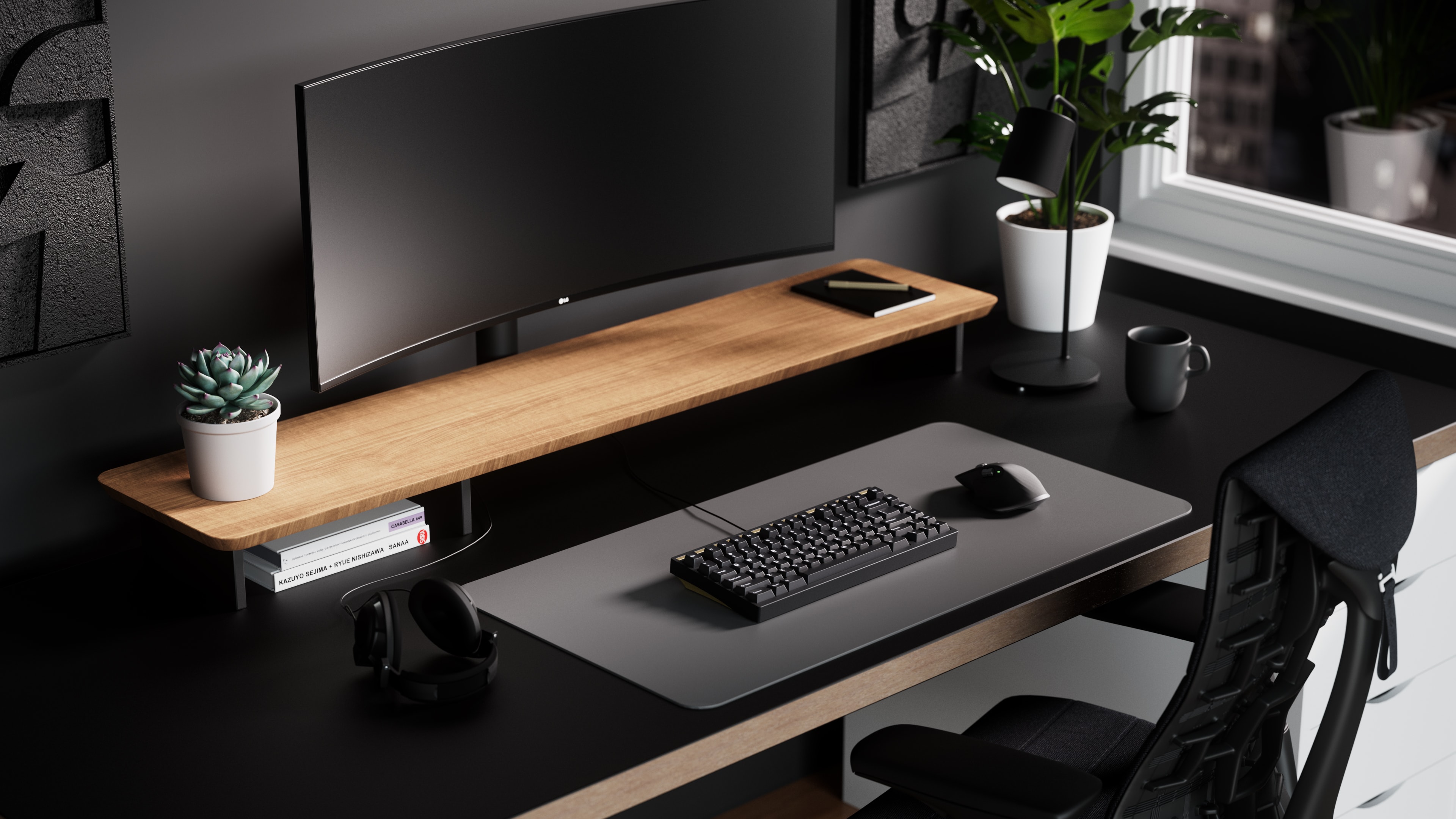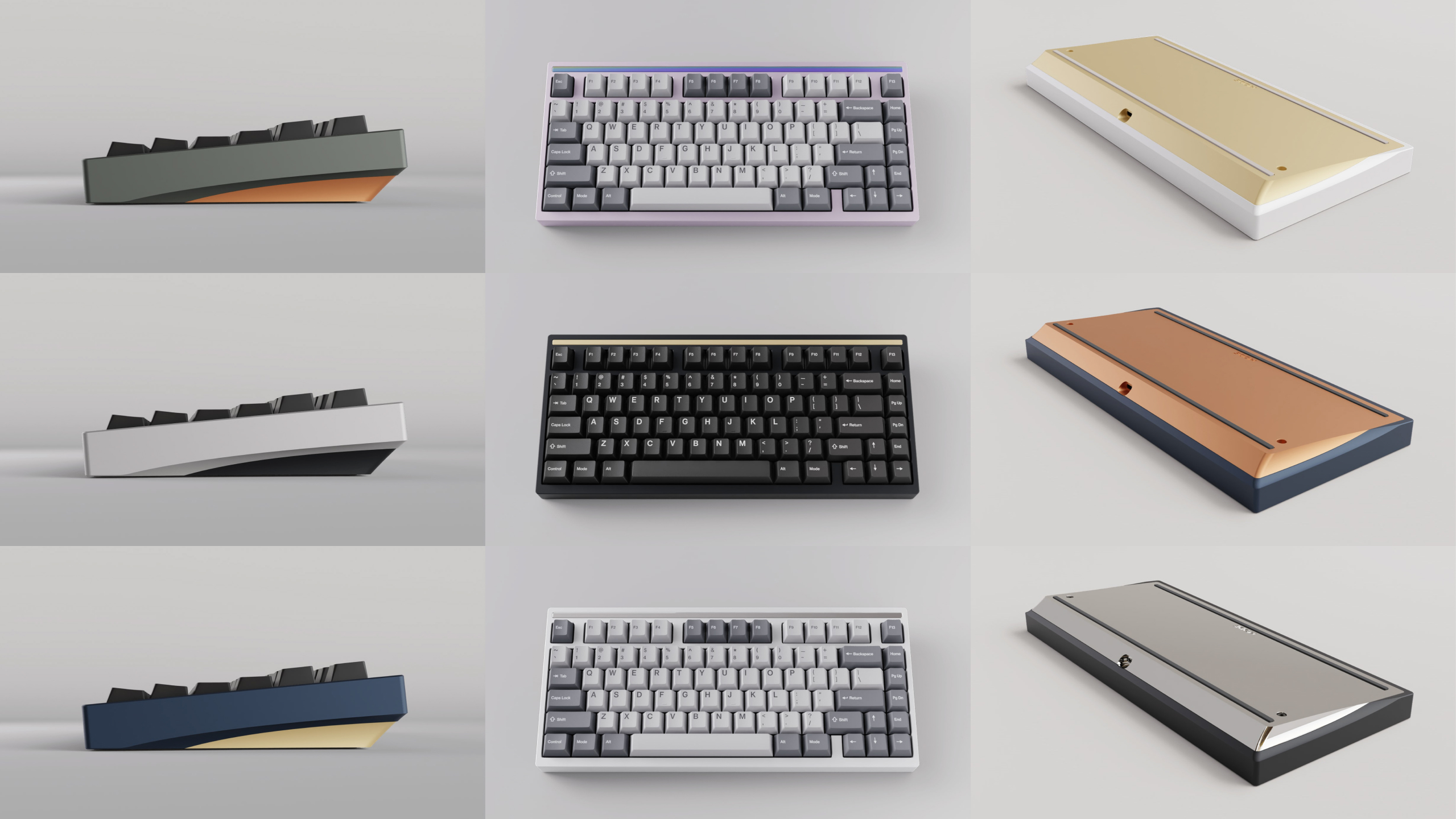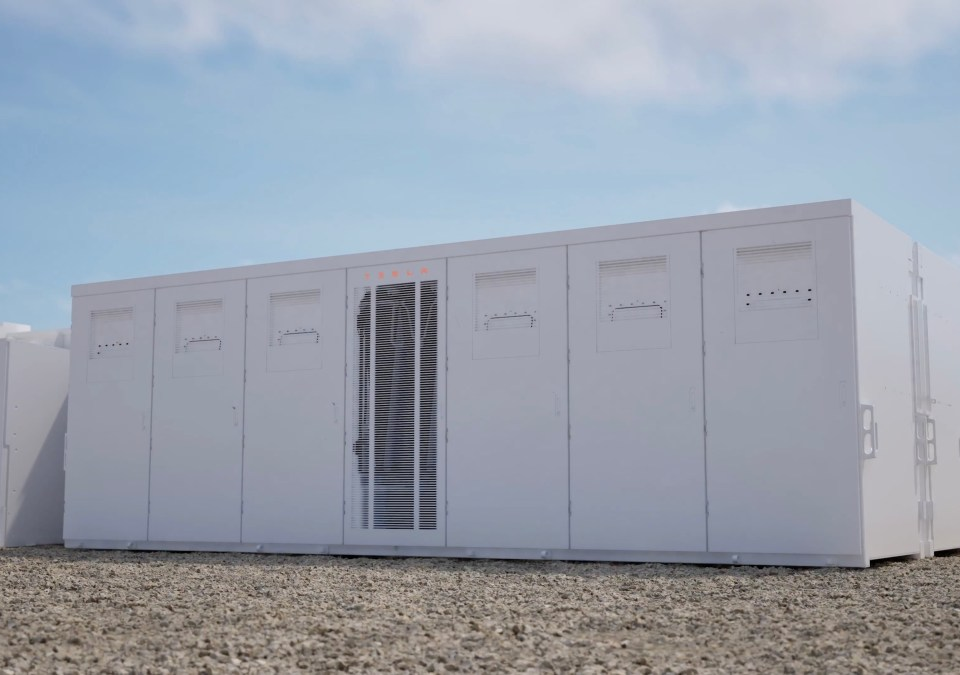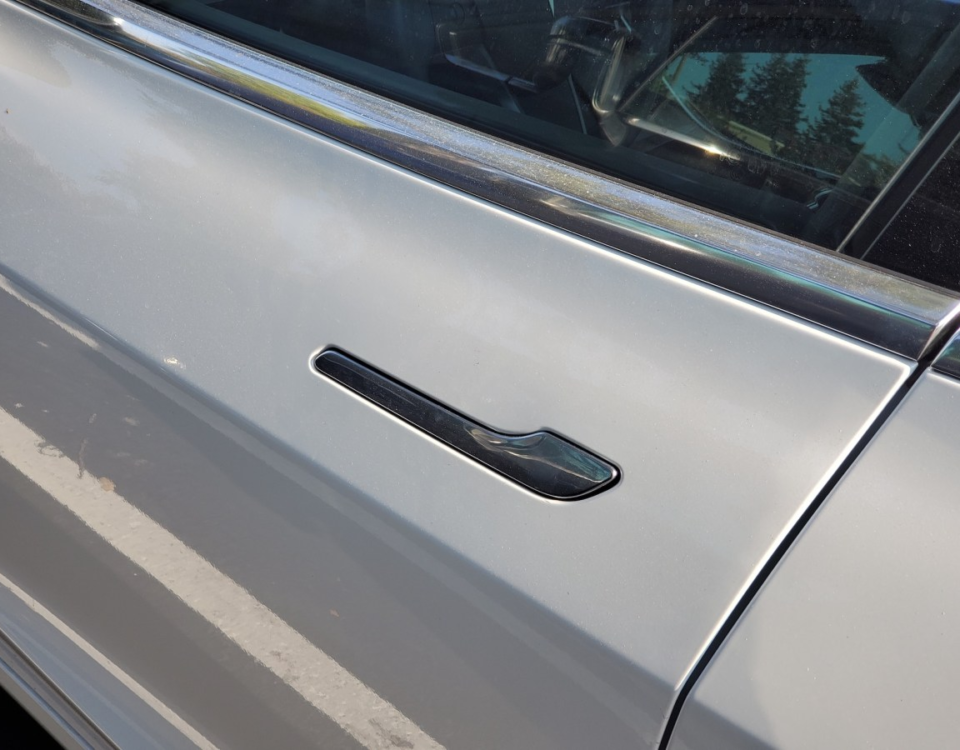
Elon Musk’s Twitter deal includes a $1 billion termination fee on both sides
April 29, 2022
Daily Crunch: US dangles reward up to $10M for info on 6 elite Russian military hackers
April 29, 2022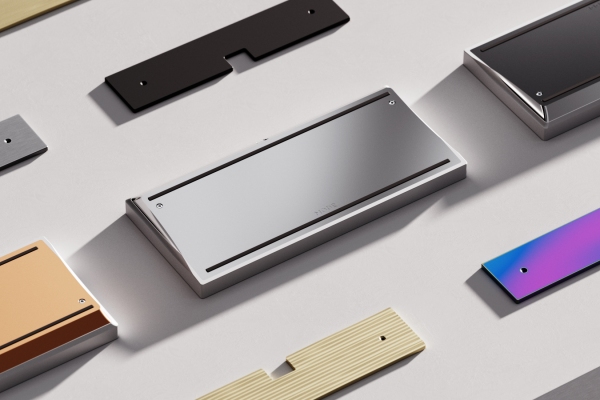
Boston- and San Francisco-based Mode Designs may not be a mainstream brand, but the company has made quite a name for itself in the mechanical keyboard world in recent years. The company’s previous releases, the high-end custom Mode Eighty tenkeyless (TKL), which you can easily configure to cost over $600 — without keycaps and switches — and the SixtyFive were major hits among mechanical keyboard aficionados. Now, the company is getting ready to launch the Sonnet, its first 75% keyboard, that is, a more compact TKL with dedicated function keys.
Pre-orders for the Sonnet start on April 29, with prices starting at $299, though chances are you’ll want to make a few changes to the basic configuration that will likely add at least another $50 or so to the base price. Sadly, though, it’ll be at least October 2022 before Mode will start fulfillment (which is still better than many other projects in the keyboard enthusiast space — looking at you, GMK).
This is not, however, a group buy. Mode tells me it plans to keep the pre-buy open indefinitely (group buys usually have a short window where you need to place your order) and a spokesperson told me that the company “put in a significant amount of time and resources to prepare for manufacturing prior to opening the preorder, minimizing wait time for customers.”
Image Credits: Mode Designs
One thing that makes Mode stand out is its configurator. Beyond the color of the top of the keyboard, you can also change the material and color of the bottom (a copper bottom will set you back an extra $240, though), there is an accent bar on the top with quite a few color options, different internal weights and all of the standard options you expect for a high-end mechanical keyboard, including plate, which sits between the PCB board and the switches and has a major influence on how a keyboard sounds. There’s FR4, POM, polycarbonate, aluminum, carbon fiber, brass and copper to choose from for the plate.
With the exception of the optional translucent polycarbonate bottom, the rest of the housing is made from aluminium, brass and copper. Depending on those choices and the internal weights you want to use, the whole unit can weigh in at up to 7.5 pounds.
Image Credits: Mode Designs
Optionally, you can also add a silicone base to dampen the sound of the board a bit and plate foam that goes between the plate and PCB for an even more muted sound.
And because there is never enough choice, once you get the Mode Sonnet, you can choose whether you want to opt for a traditional top mount or a stack mount. Basically, with all of those options, you can make your keyboard, thock, clack or anything in between. And your choice of mounting style, plate and plate foam — or not adding one — will obviously also determine how bouncy the typing experience feels.
Image Credits: Mode Designs
Because the idea here is to give you every option possible, you can also choose whether you want to solder your switches in place or, for an extra $10, opt for a hotswap PCB where you can easily change switches without soldering — and unless you love soldering and know exactly which switch you want, you really want to get a hotswap board these days. Hotswap does lock you into an ANSI layout, though, so if you need/want another layout, like Europe’s ISO, soldering is the way to go here since it gives you more options.
On the software side, the Sonnet will support VIA and QMK, so you can modify each key to your heart’s desire and add different layers as needed, though given its 75% layout, you won’t have to do that if you don’t want to. The board will support Windows, Mac and Linux out of the box and connects over USB-C.
This also goes to show that we’re talking about an enthusiast board here. Not only does it come as a kit that you will have to assemble yourself (though that’s typically not too difficult), but with all of those options, you need to have at least a little bit of an idea how a polycarbonate plate is going to sound versus a stainless steel plate. And since you have to provide your own switches and keycaps, too, you’re spoiled for even more choices to create the typing experience you want — but for a beginner, those are really tough choices to make. Thankfully, Mode offers some started configurations based on the preferences of popular keyboard streamers and YouTubers with a description of what those will sound like.

